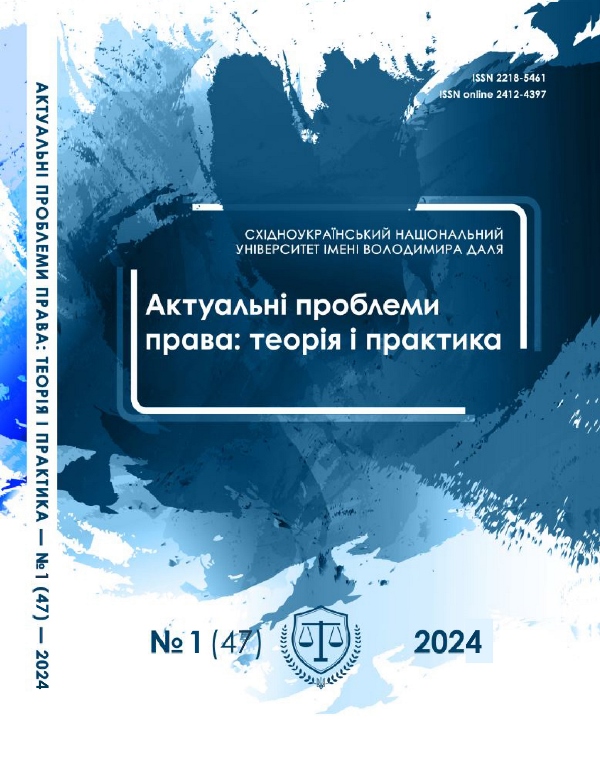CHALLENGES IN THE SOCIAL PROTECTION OF JUDGES WITHIN THE MATERIAL DIRECTION OF SOCIAL PROTECTION OF JUDGES IN POLAND
DOI:
https://doi.org/10.33216/2218-5461/2024-47-1-18-25Abstract
The article delves into the contemporary
challenges surrounding the social protection of judges
in the Republic of Poland, with a specific focus on the
material dimension of social welfare. It is affirmed
that according to Article 178, Part 2 of the
Constitution, judges in Poland are classified as
employees entitled to a prescribed level of
compensation. This compensation is contingent upon
factors such as the rank of the judge's position, the
hierarchical level of the court they serve in, and the
scope of their duties. However, in recent years, similar
to developments in the Czech Republic, Poland has
witnessed multiple changes to its legislative
framework, which have effectively altered the
principle of equitable monetary compensation for
judges as enshrined in the constitution. Prior to 2009,
judges' remuneration in Poland was calculated based
on two main factors: firstly, the annual 'basic value'
specified in the Polish budget law, and secondly,
factors contributing to wage rate increments. With the
onset of the Global Economic Crisis in 2008, the
legislative approach underwent revisions.
Amendments were made to the Law 'On the System of General Courts,' particularly regarding the principles governing judges' remuneration, as a response by the
legislator to the prevailing economic conditions.
Hence, the legislator largely abandoned the concept
of a fixed basic salary for judges, instead linking the
level of remuneration and its increments to the
average salary in the economy during the second
quarter of the preceding year. Simultaneously, the
legislature safeguarded judges against potential
salary cuts during economic downturns by stipulating
that if the average remuneration in the economy
declines, judges' remuneration would remain at its
current level. However, amidst diminishing
guarantees of judicial independence within Poland's
judicial and legal reforms, consistently criticized by
European Union institutions, the Polish legislature
reevaluated approaches to determining judicial
remuneration in 2021. This revision was motivated by
anti-crisis measures aimed at mitigating the economic
impact of the COVID-19 pandemic. The conclusions
drawn in the article consolidate the findings of
scientific inquiry and justify the rationale that
material support for judges must not diminish or
develop inadequately. Such a scenario would not only lead to a decline in the level of social security for judges but also compromise the independence of the judiciary.
Keywords: foreign experience of legal regulation, judge, justice system, material support, social law, social protection in Poland, social security.

